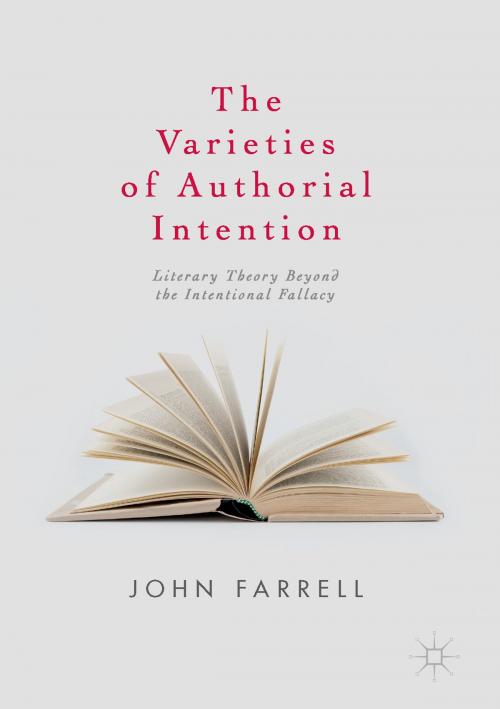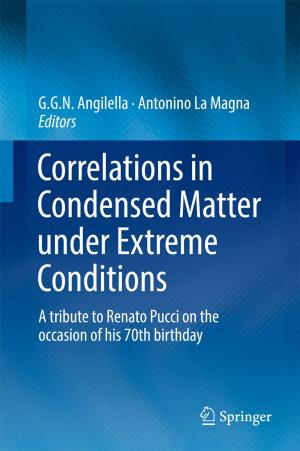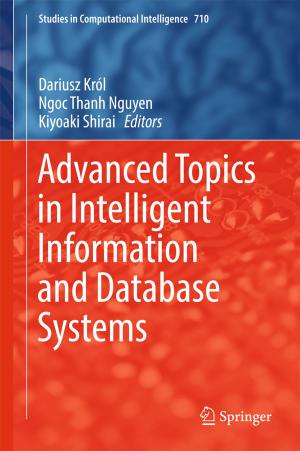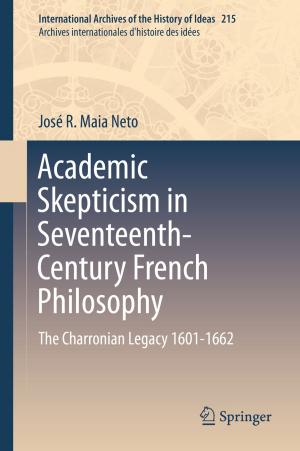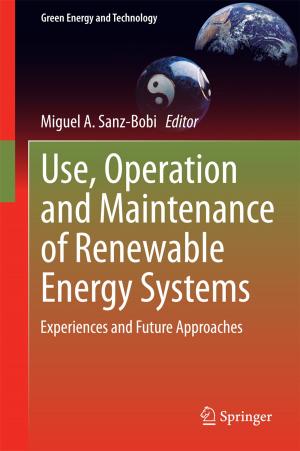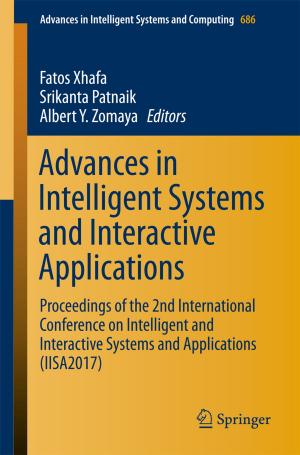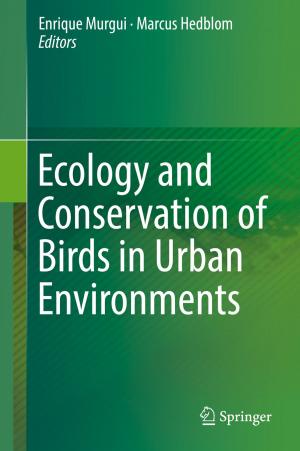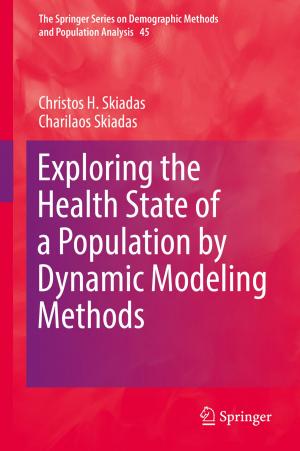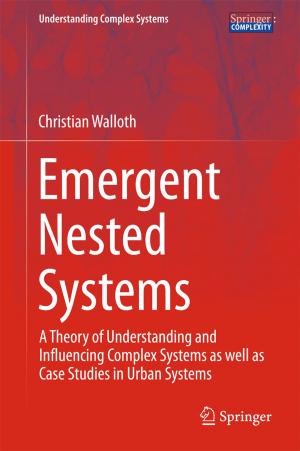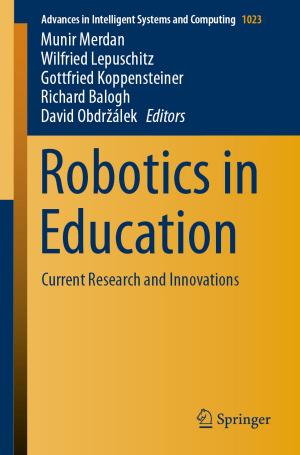The Varieties of Authorial Intention
Literary Theory Beyond the Intentional Fallacy
Fiction & Literature, Literary Theory & Criticism, Theory| Author: | John Farrell | ISBN: | 9783319489773 |
| Publisher: | Springer International Publishing | Publication: | March 17, 2017 |
| Imprint: | Palgrave Macmillan | Language: | English |
| Author: | John Farrell |
| ISBN: | 9783319489773 |
| Publisher: | Springer International Publishing |
| Publication: | March 17, 2017 |
| Imprint: | Palgrave Macmillan |
| Language: | English |
This book explores the logic and historical origins of a strange taboo that has haunted literary critics since the 1940s, keeping them from referring to the intentions of authors without apology. The taboo was enforced by a seminal article, “The Intentional Fallacy,” and it deepened during the era of poststructuralist theory. Even now, when the vocabulary of “critique” that has dominated the literary field is under sweeping revision, the matter of authorial intention has yet to be reconsidered. This work explains how “The Intentional Fallacy” confused different kinds of authorial intentions and how literary critics can benefit from a more up-to-date understanding of intentionality in language. The result is a challenging inventory of the resources of literary theory, including implied readers, poetic speakers, omniscient narrators, interpretive communities, linguistic indeterminacy, unconscious meaning, literary value, and the nature of literature itself.
This book explores the logic and historical origins of a strange taboo that has haunted literary critics since the 1940s, keeping them from referring to the intentions of authors without apology. The taboo was enforced by a seminal article, “The Intentional Fallacy,” and it deepened during the era of poststructuralist theory. Even now, when the vocabulary of “critique” that has dominated the literary field is under sweeping revision, the matter of authorial intention has yet to be reconsidered. This work explains how “The Intentional Fallacy” confused different kinds of authorial intentions and how literary critics can benefit from a more up-to-date understanding of intentionality in language. The result is a challenging inventory of the resources of literary theory, including implied readers, poetic speakers, omniscient narrators, interpretive communities, linguistic indeterminacy, unconscious meaning, literary value, and the nature of literature itself.
